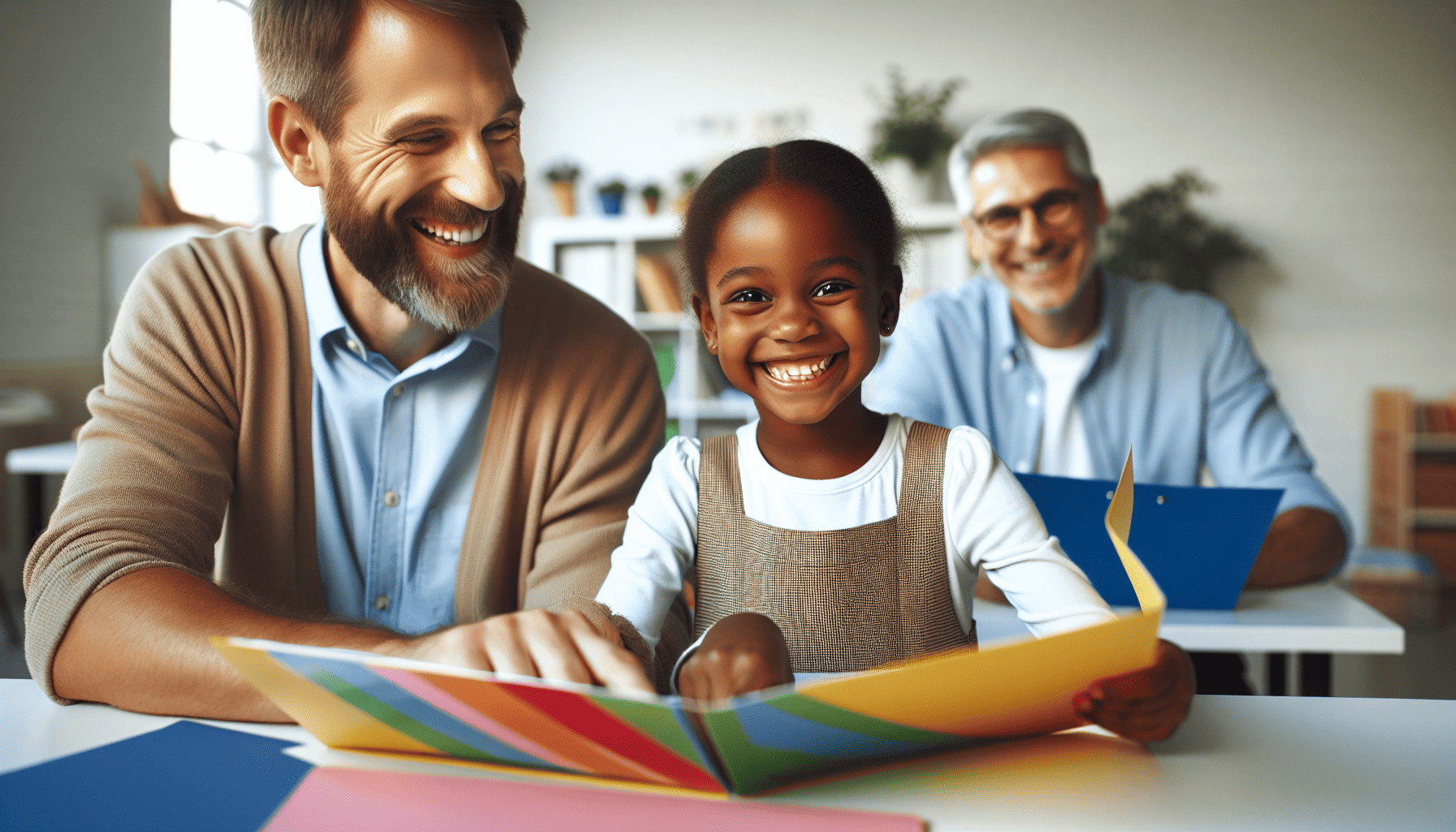In today's rapidly evolving educational landscape, the traditional one-size-fits-all approach to learning is proving increasingly inadequate in addressing the diverse needs of students. Enter personalized learning plans, an innovative strategy tailored to cater to the individual strengths and challenges of each student. This approach places the learner at the center of the educational journey, ensuring a more engaging and effective experience.
Personalized learning plans begin with a deep understanding of each student's unique profile. Educators assess various aspects, including academic abilities, learning styles, interests, and even socio-emotional skills. This comprehensive evaluation becomes the foundation upon which a customized educational pathway is constructed. The goal is to bridge any gaps in understanding while simultaneously fostering the student’s natural talents and passions.
One of the notable strengths of personalized learning plans is their adaptability. These plans are not static; they evolve along with the student. Regular assessments and feedback loops allow educators to refine goals, adjust strategies, and introduce new resources as needed. This dynamic approach helps maintain students' engagement, as they are consistently challenged at their level and supported in areas that require additional focus.
Moreover, personalized learning plans empower students to take ownership of their education. By setting personal goals and tracking their progress, students gain a sense of responsibility and pride in their accomplishments. This self-directed learning not only increases motivation but also equips students with lifelong skills such as critical thinking, problem-solving, and adaptability. These competencies are invaluable in preparing them for the ever-changing demands of the future workplace.
Technology plays a pivotal role in the successful implementation of personalized learning plans. Digital tools, such as learning management systems and adaptive learning software, provide educators with the means to deliver customized content efficiently. These technologies offer interactive and multimedia-rich experiences, making learning more engaging. Additionally, they generate data-driven insights that help educators understand how students are progressing, enabling timely adjustments to their learning plans.
The benefits of personalized learning plans extend beyond academic achievement. By acknowledging the whole child, educators can nurture a well-rounded development. Social-emotional learning is integrated into the curriculum, helping students improve their interpersonal skills, self-regulation, and emotional intelligence. As a result, students are better prepared to navigate complex social environments both in and out of school.
However, implementing personalized learning plans is not without challenges. It requires a paradigm shift in traditional teaching methods and can demand significant resources in terms of time and technology. Moreover, educators must undergo continuous professional development to stay adept at creating and managing these individualized programs. Collaboration among teachers, students, and parents is essential to ensure everyone is aligned in supporting the student’s educational journey.
In conclusion, personalized learning plans represent a transformative step in modern education. By acknowledging and addressing the unique needs of each student, they foster an environment where all learners can thrive. As education continues to evolve, this personalized approach has the potential to unlock each student's full potential, ensuring a more inclusive and effective educational experience for the next generation.
